-
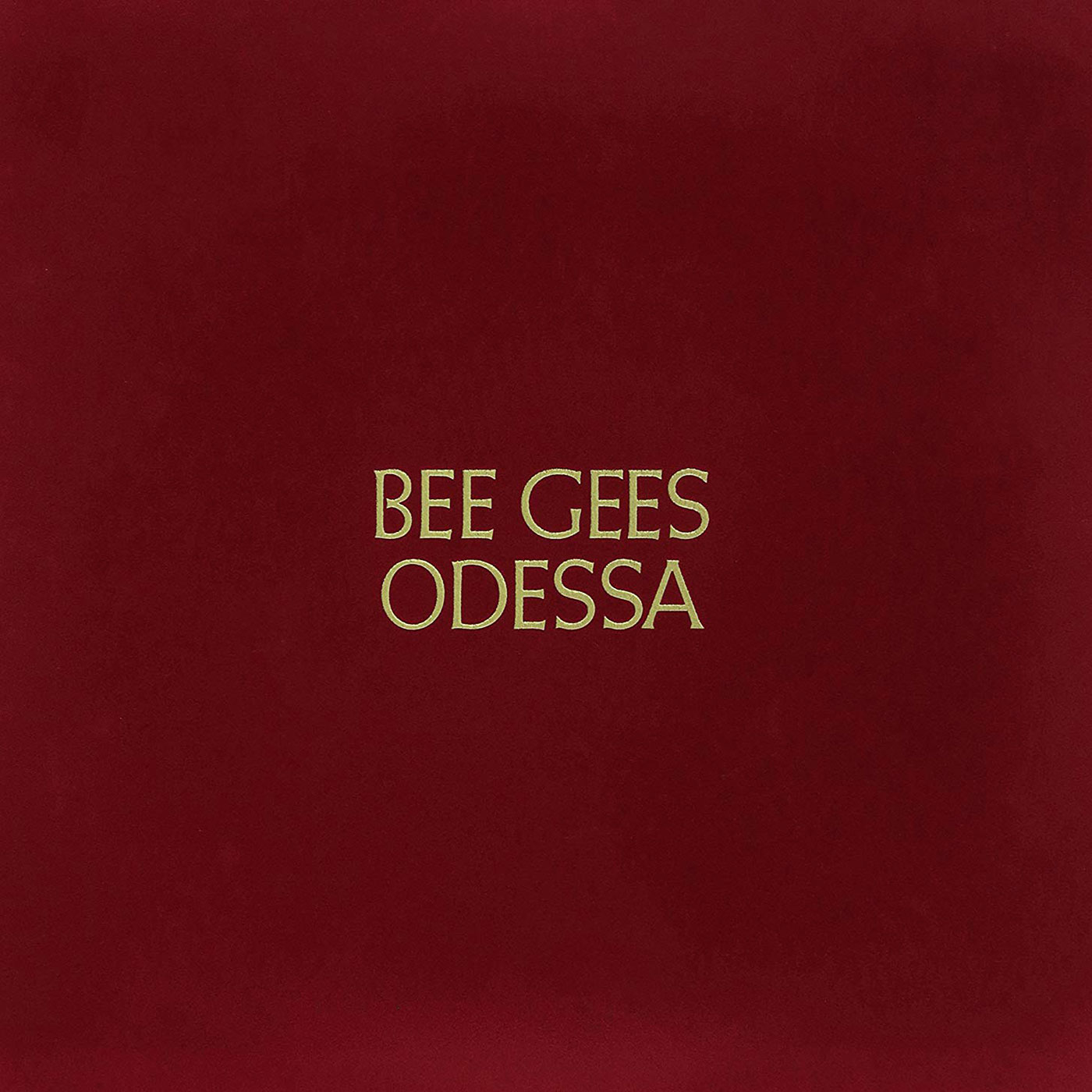
147 Bee Gees – Odessa
The group members may disagree for personal reasons, but Odessa is easily the best and most enduring of the Bee Gees’ albums of the 1960s.
-
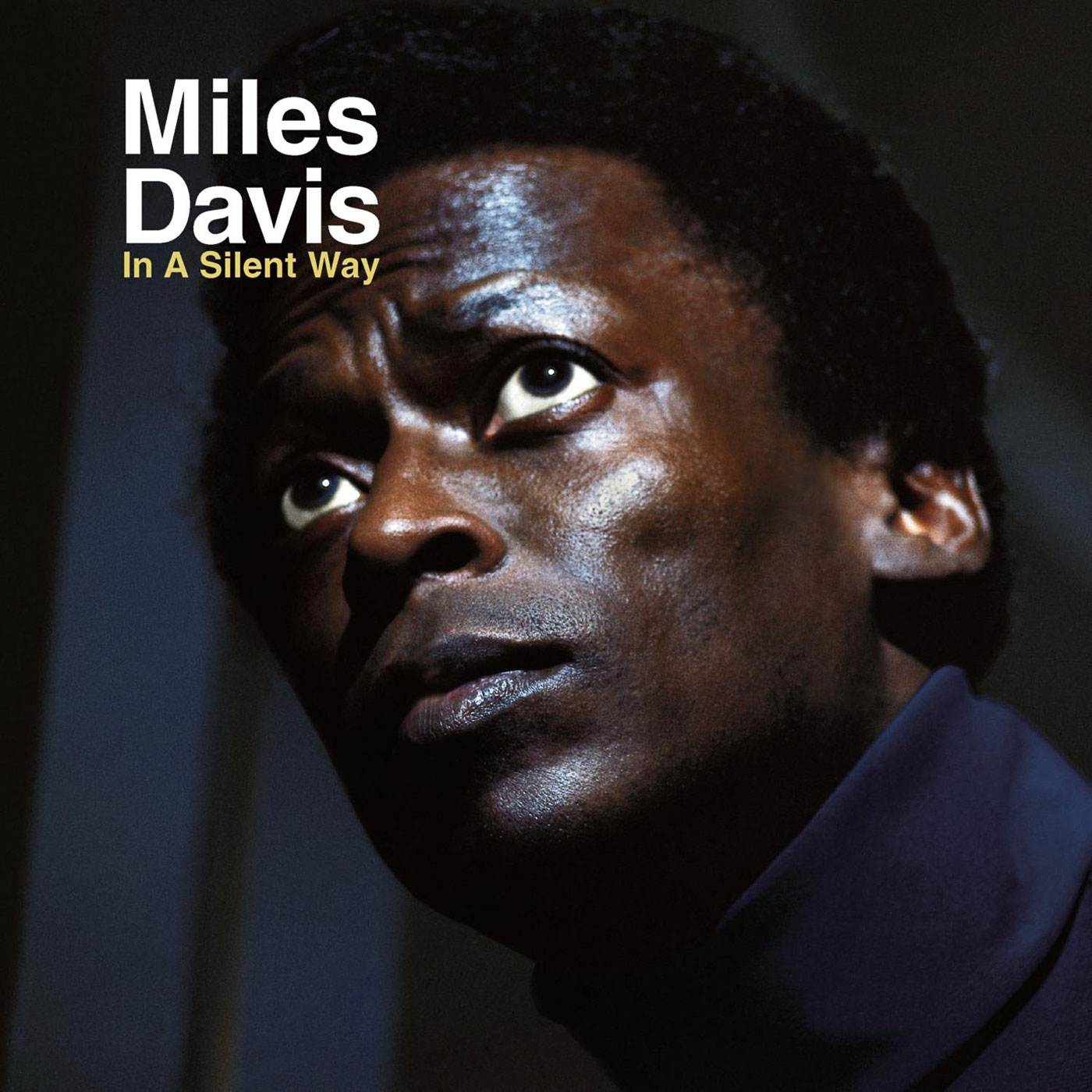
146 Miles Davis – In a Silent Way
Upon its release, the album was met by controversy among music critics, particularly those of jazz and rock music, who were divided in their reaction to its experimental musical structure and Davis’s electric approach. Grady has a lot to say and Rob thinks he is starting to like Jazz.
-
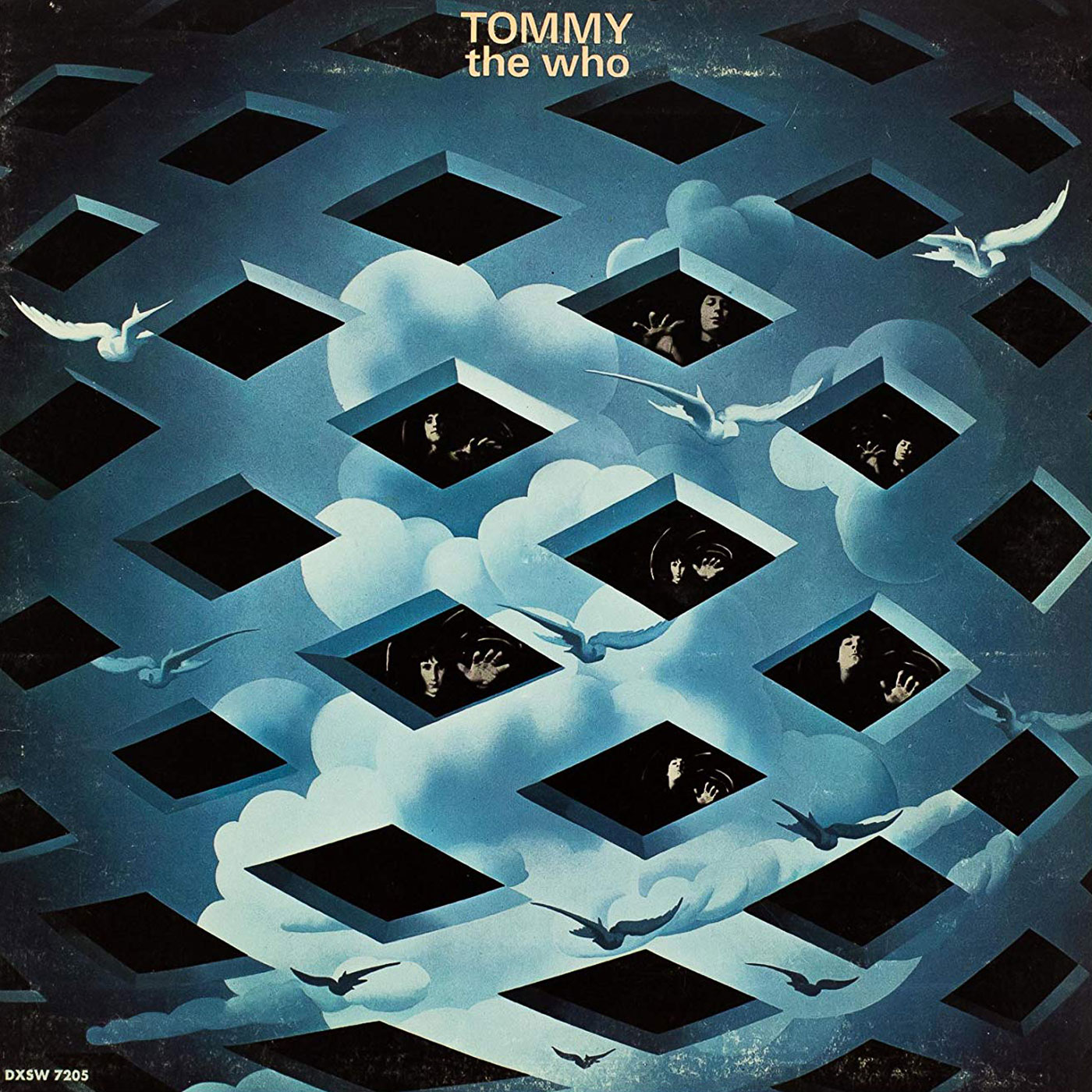
145 The Who – Tommy
After the dry run of the Who’s previous album “ the who sell out” Pete Townshead spearheaded a new project that was both innovative and ambitious. Tommy was a full-blown concept rock opera complete with overtune, interludes and an interwoven story about a boy Tommy.
-
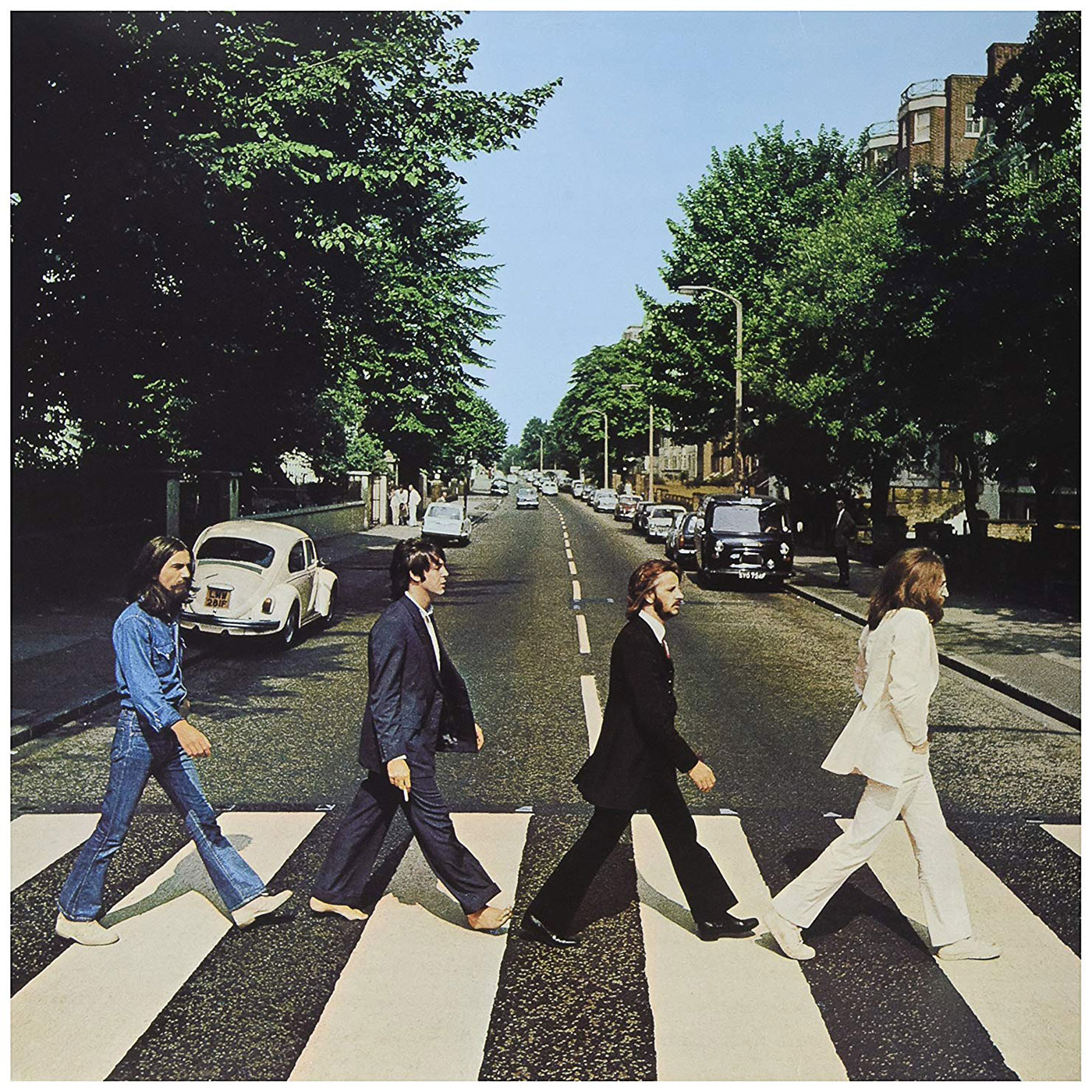
144 The Beatles – Abbey Road
The last Beatles album to be recorded (although Let It Be was the last to be released), Abbey Road was a fitting swan song for the group
-
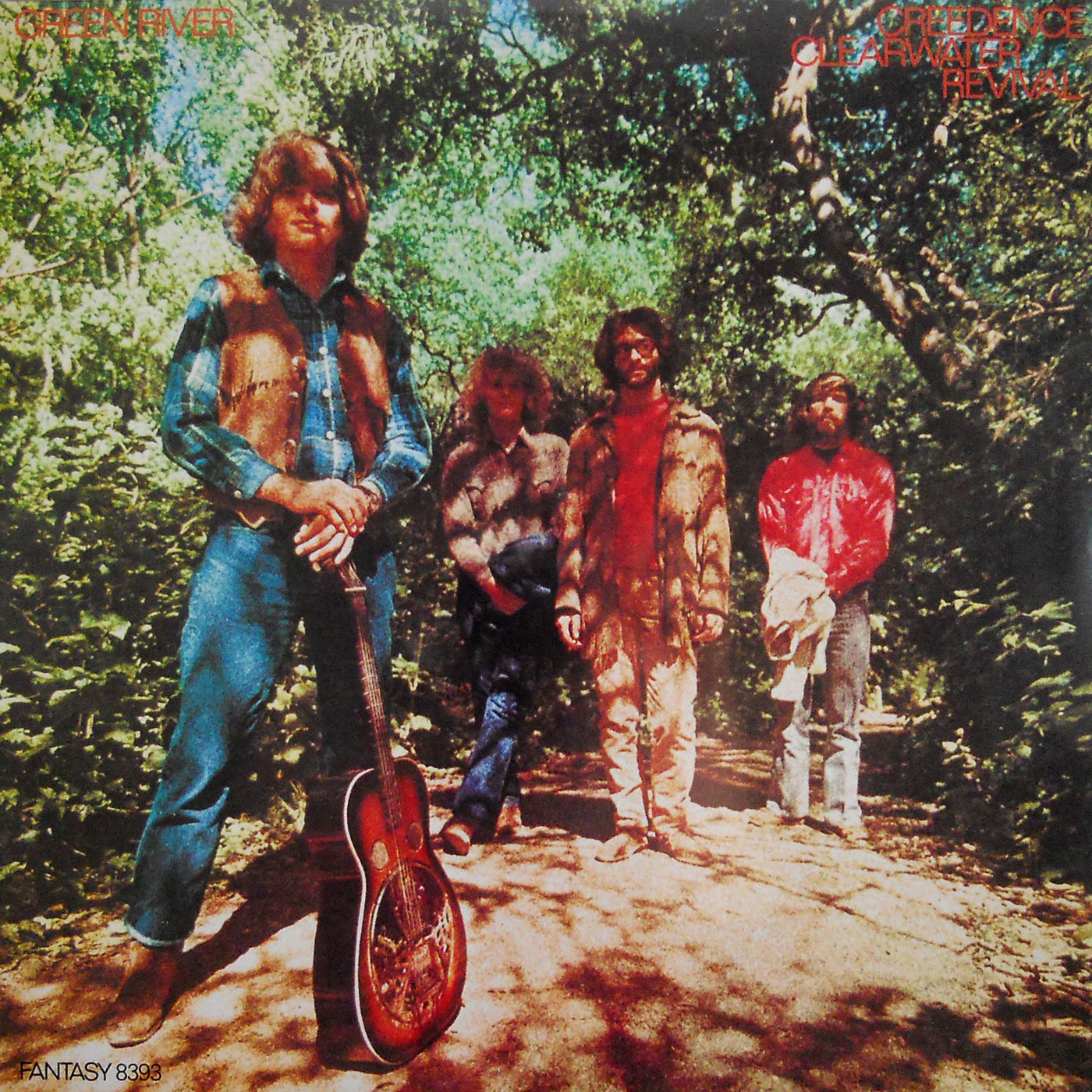
143 Creedence Clearwater Revival – Green River
After the success of Bayou Country producer and primary songwriter John Fogerty would continue his run of great songwriting in this second of the three albums recorded in 1969. The band worked tirelessly shunning the drug scene and breaking free from the drawn out San Francisco psychedelic jams with a straight ahead stripped down southern…
-
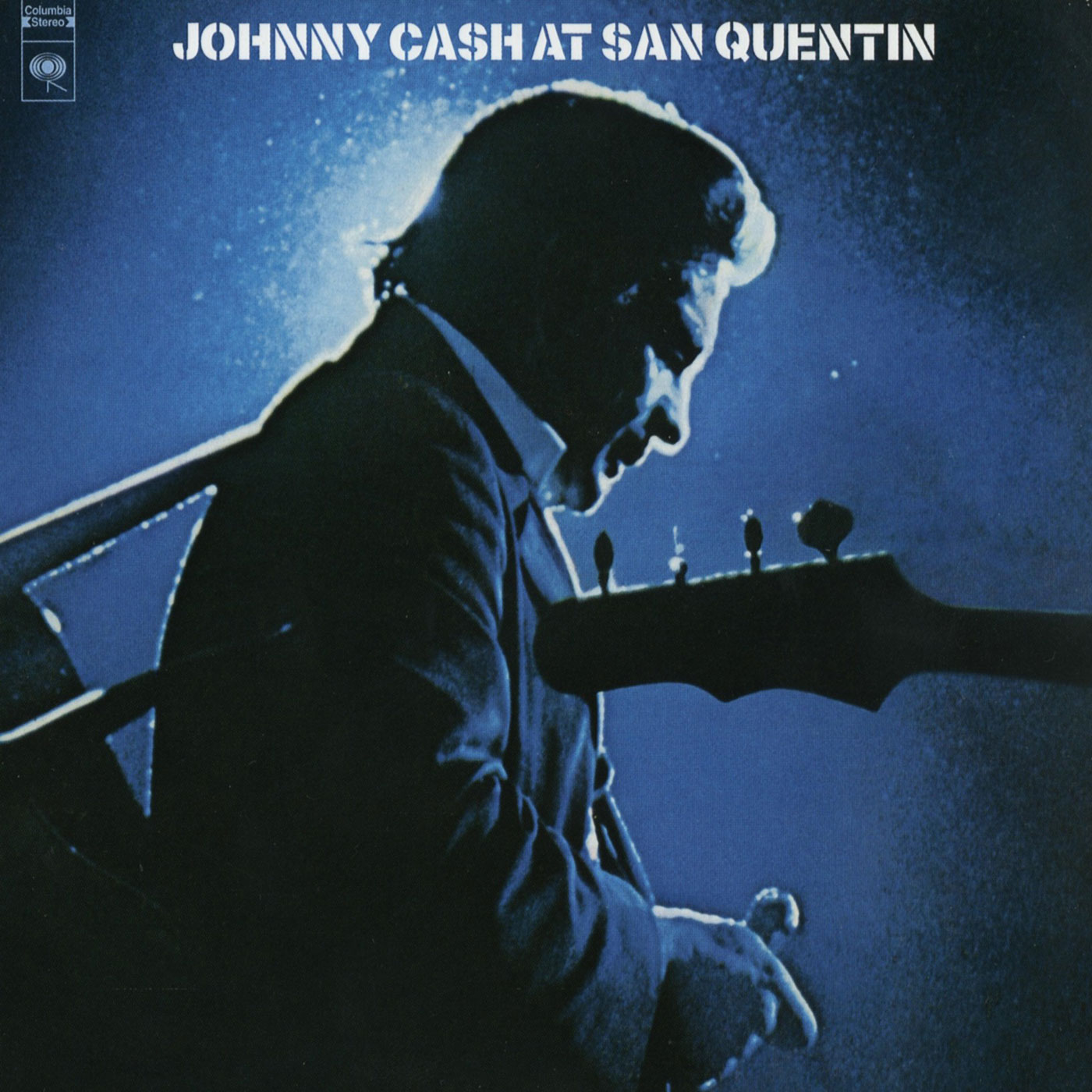
142 Johnny Cash – At San Quentin
What more do you want ? It’s Johnny Cash in a prison talking shit about the prison he’s singing in.
-
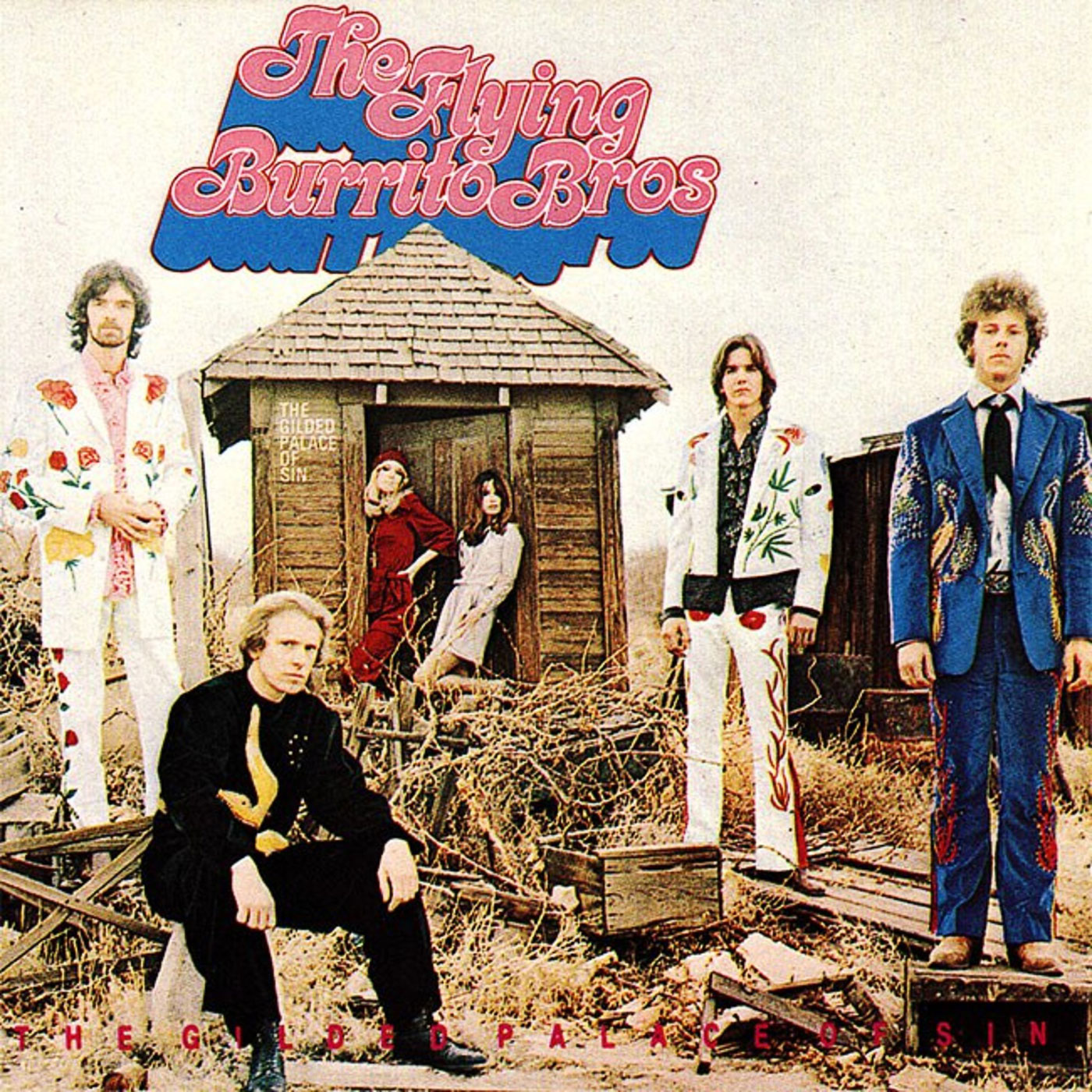
141 The Flying Burrito Bros – The Gilded Palace of Sin
By 1969, Gram Parsons had already built the foundation of the country-rock movement through his work with the International Submarine Band and the Byrds, but his first album with the Flying Burrito Brothers, The Gilded Palace of Sin, was where he revealed the full extent of his talents
-
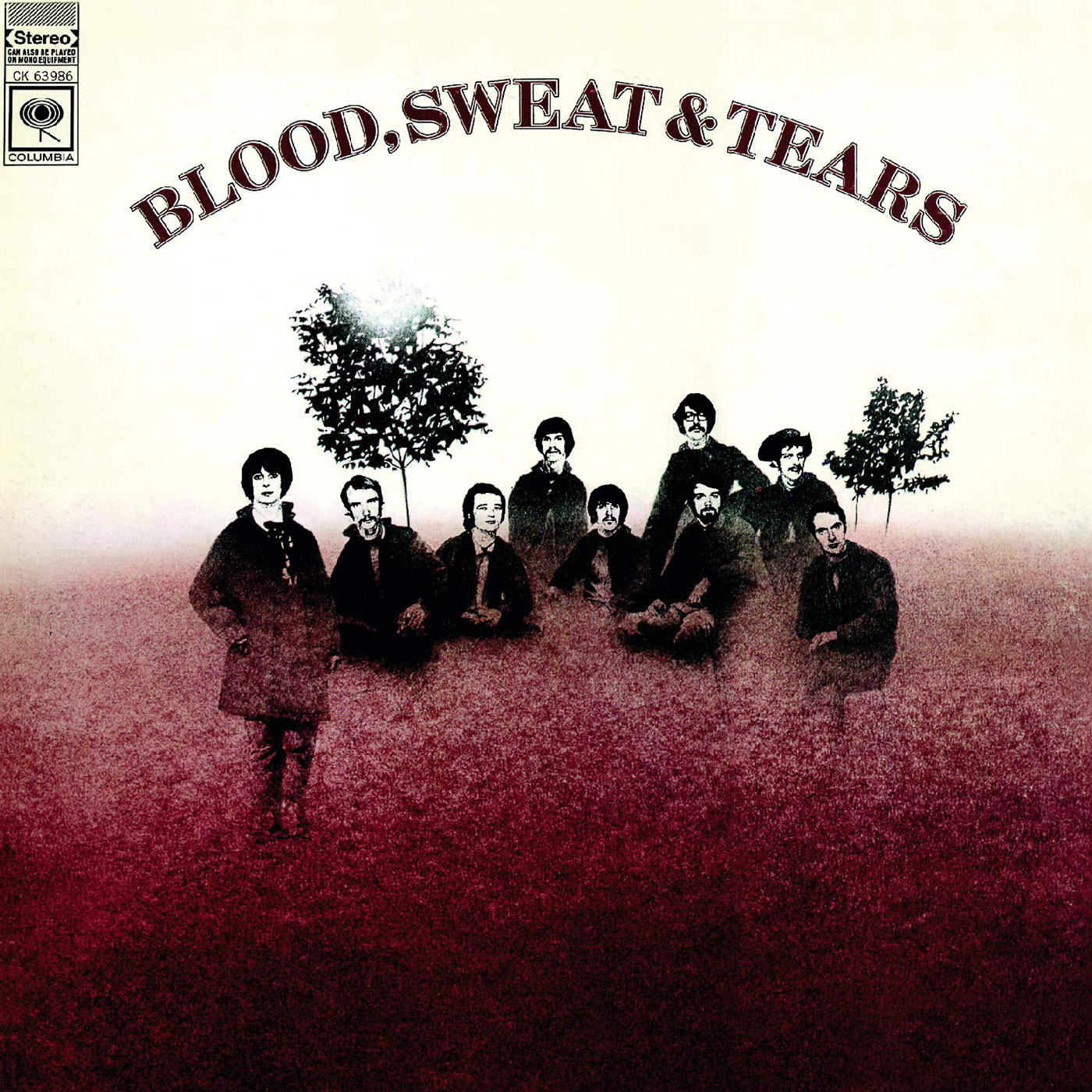
140 Blood Sweat Tears – Blood Sweat Tears
It was commercially successful, rising to the top of the U.S. charts for a collective seven weeks and yielding three successive Top 5 singles. It received a Grammy Award for Album of the Year in 1970. We hate it and Rob loves it because it reminds him of marching band and late nights in Vegas.
-
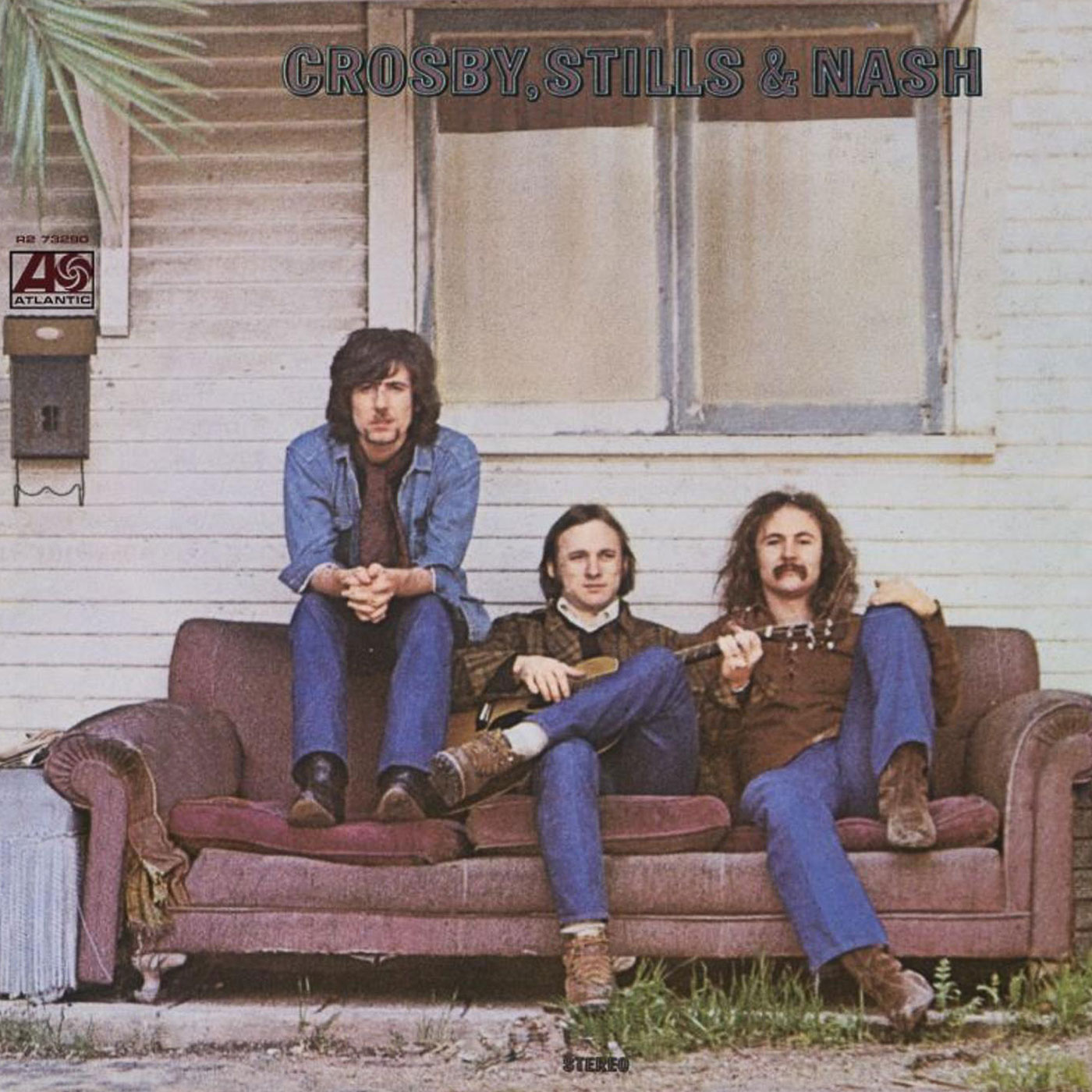
139 Crosby Stills Nash – Crosby Stills Nash
Crosby , Still and Nash begin as a loose idea of songwriters all with an affinity for close harmonies blended with folk and pop music. Having been at odds with their previous groups they decided to use their surnames as identification to ensure independence and guarantee that the band could not continue without any one…
-
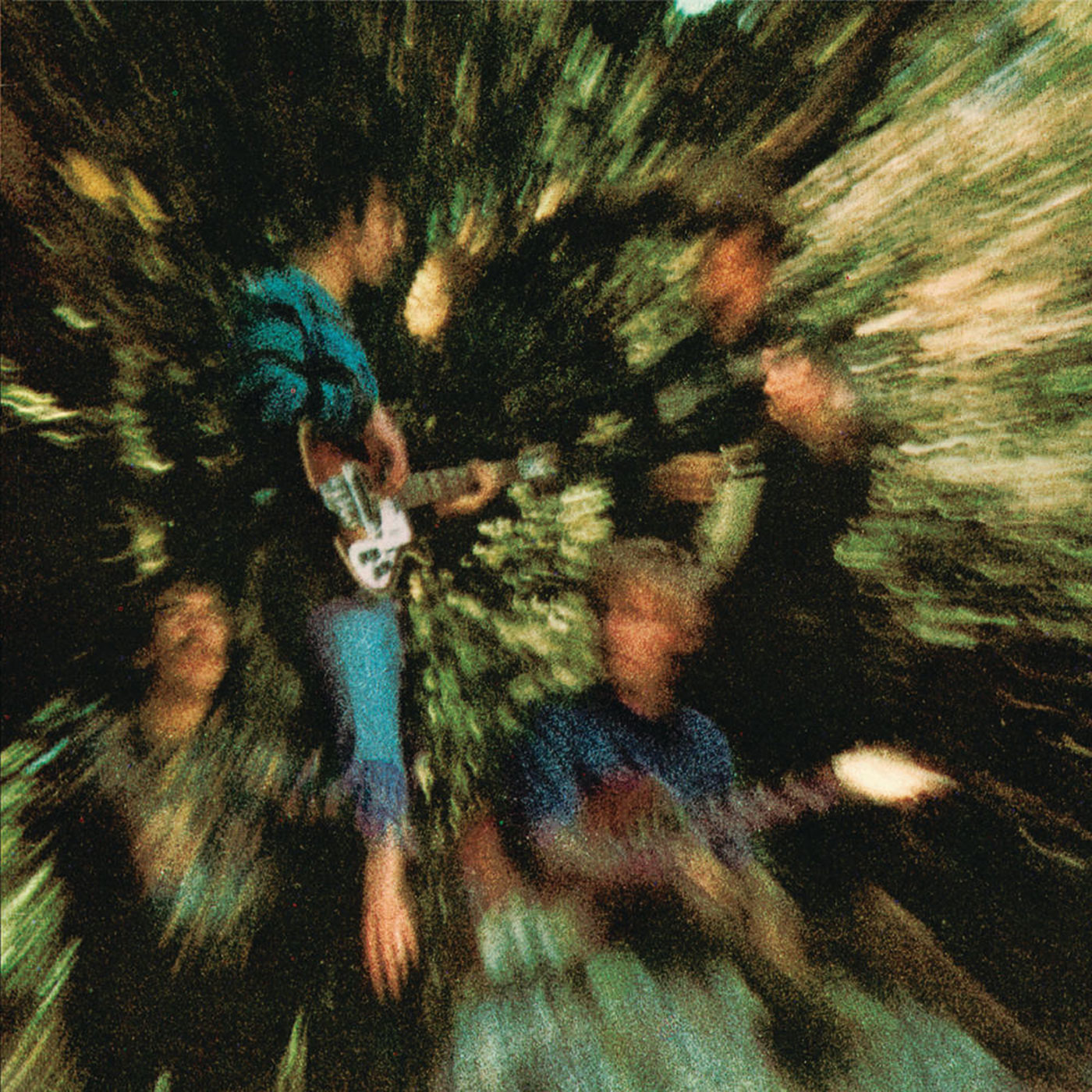
138 Creedence Clearwater Revival – Bayou Country
Opening slowly with the dark, swampy “Born on the Bayou,” Bayou Country reveals an assured Creedence Clearwater Revival, a band that has found its voice between their first and second album.
-

137 Captain Beefheart – Trout Mask Replica
Experimental avant-garde/free-jazz artist Don Van Vliet, aka Captain Beefheart, releases Trout Mask Replica, a polyrhythmic, polytonal collection of noise that is either an unlistenable mess or a work of genius.
-
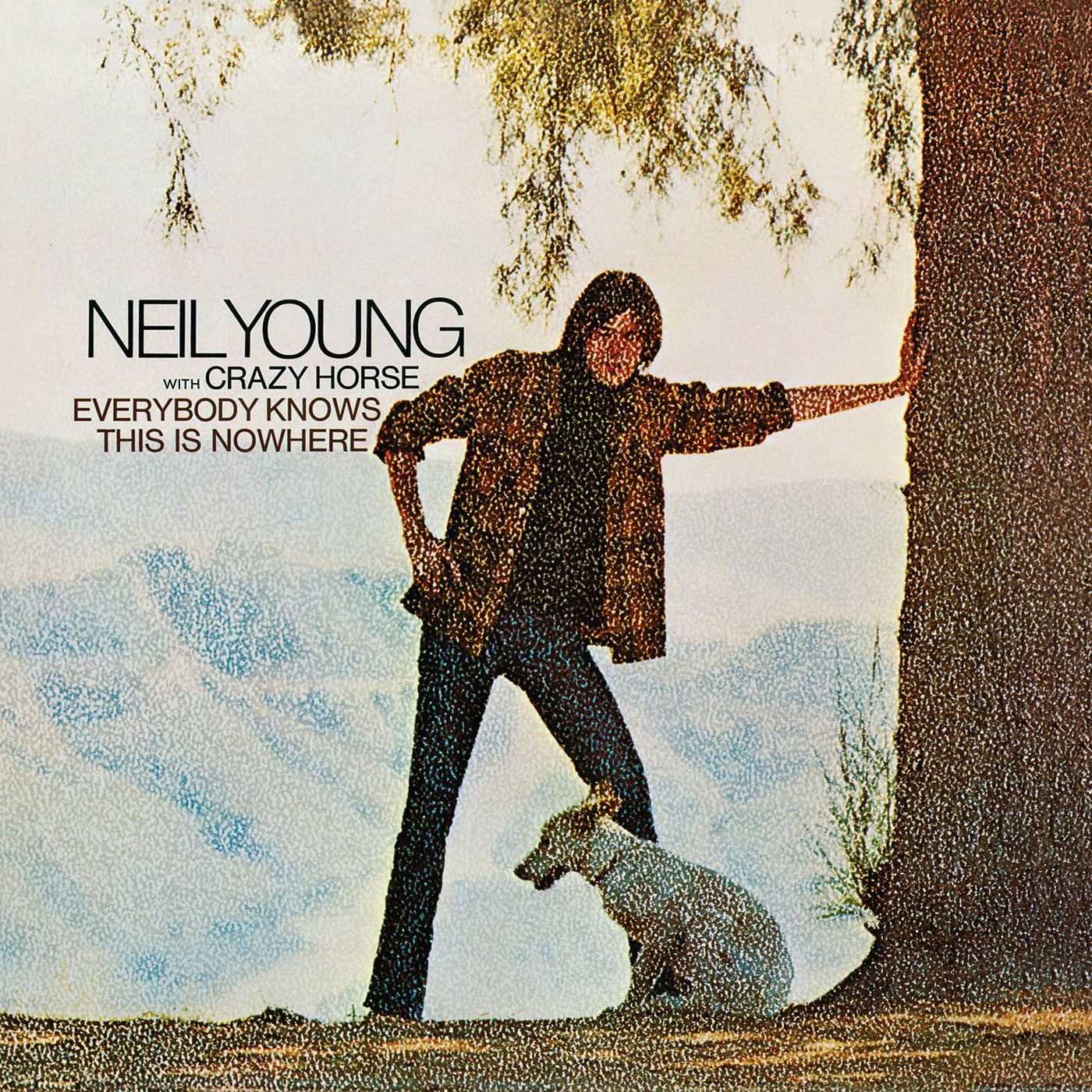
136 Neil Young – Everybody Knows This Is Nowhere
This marked the beginning of Young’s recording association with Crazy Horse. With them, Young quickly cut a set of loose, guitar-heavy rock songs — “Cinnamon Girl,” “Down by the River,” and “Cowgirl in the Sand” — that redefined him as a rock & roll artist.
-
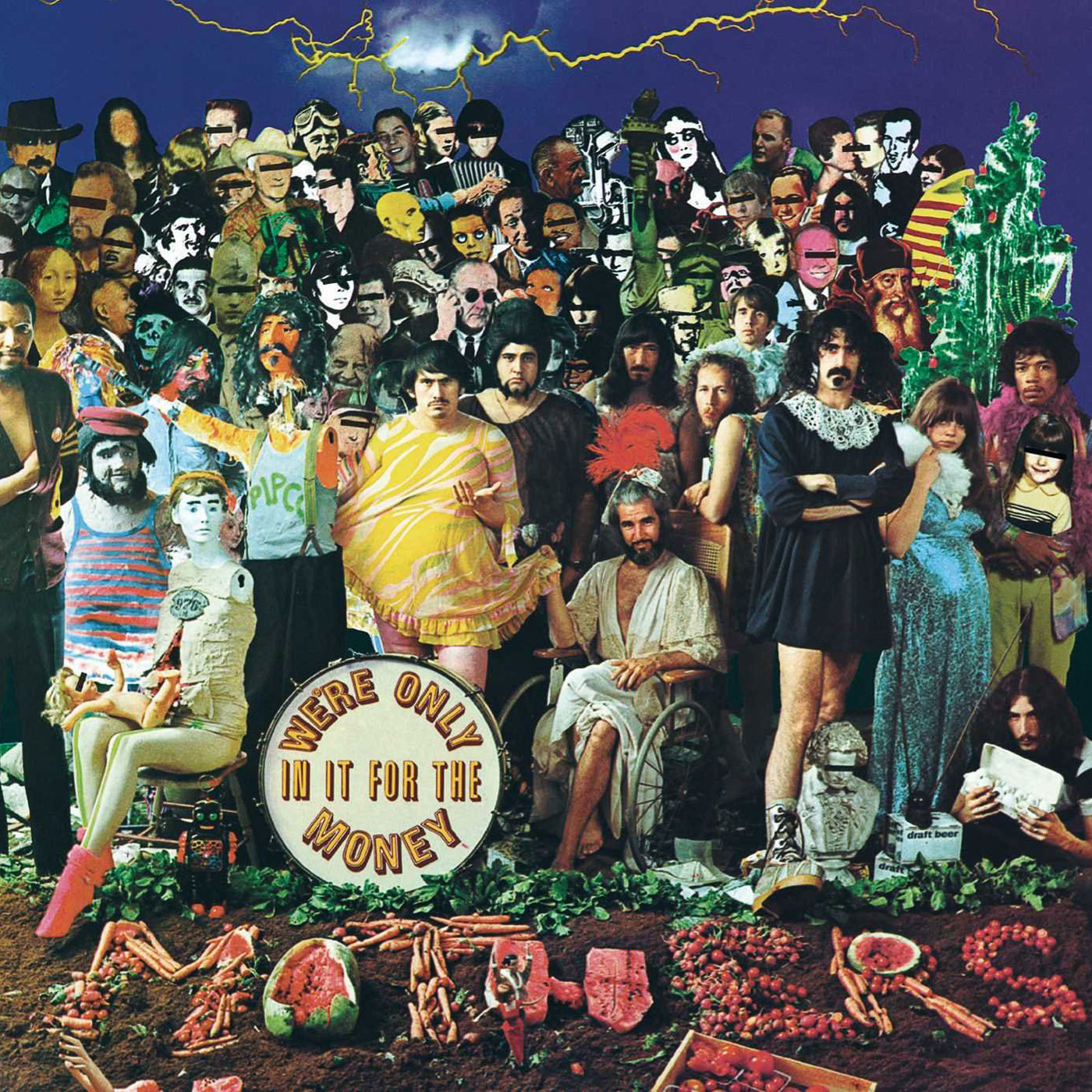
135 Mothers of Invention- Were Only in It for the Money
From the beginning, Frank Zappa cultivated a role as voice of the freaks — imaginative outsiders who didn’t fit comfortably into any group. We’re Only in It for the Money is the ultimate expression of that sensibility, a satirical masterpiece that simultaneously skewered the hippies and the straights as prisoners of the same narrow-minded, superficial…
-
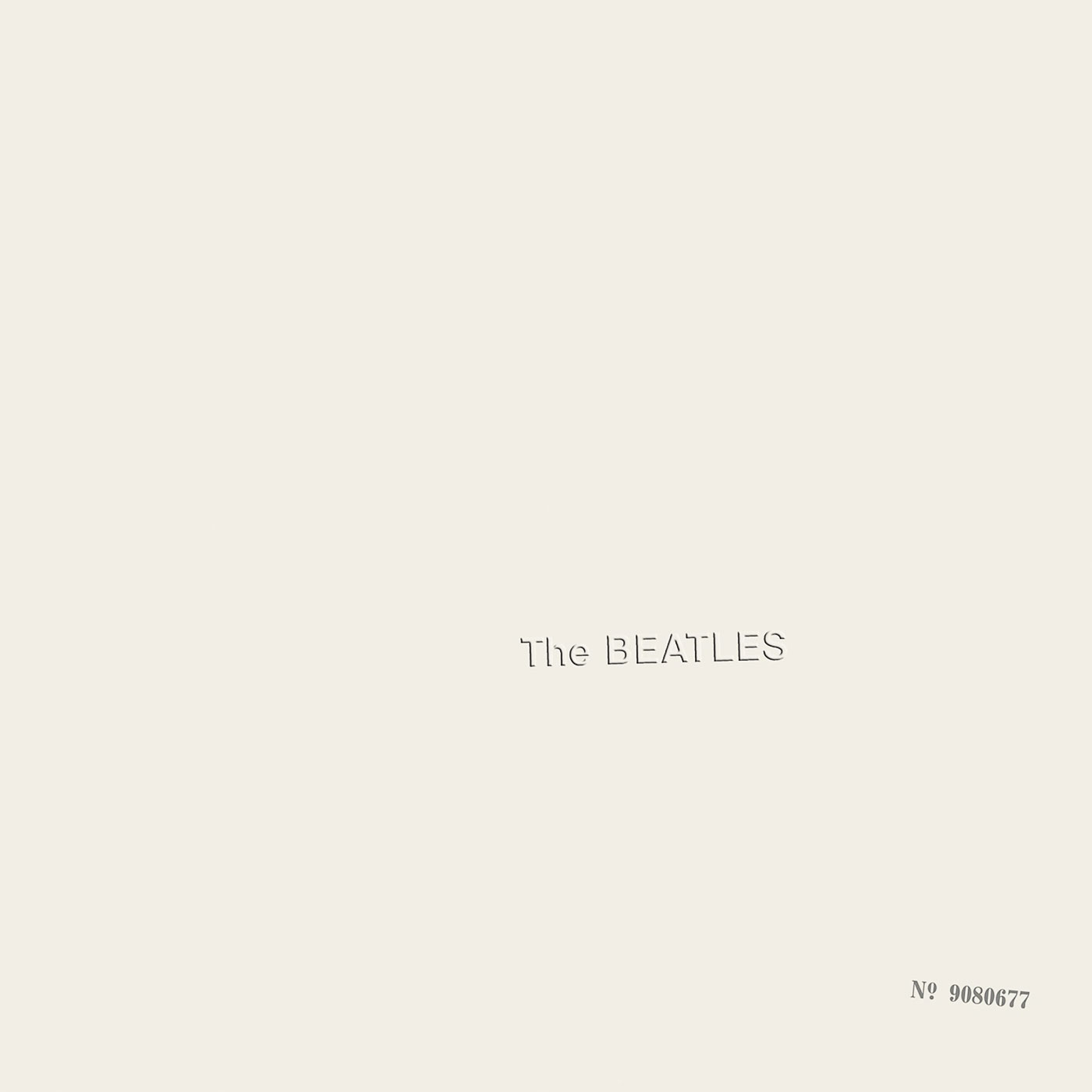
134 The Beatles – The Beatles (White Album)
The Beatles were at the peak of their global influence and visibility in 1968. Sgt. Pepper’s Lonely Hearts Club Band, released the previous year, had enjoyed a combination of commercial success, critical acclaim, and immense cultural influence that had previously seemed inconceivable for a pop release.
-
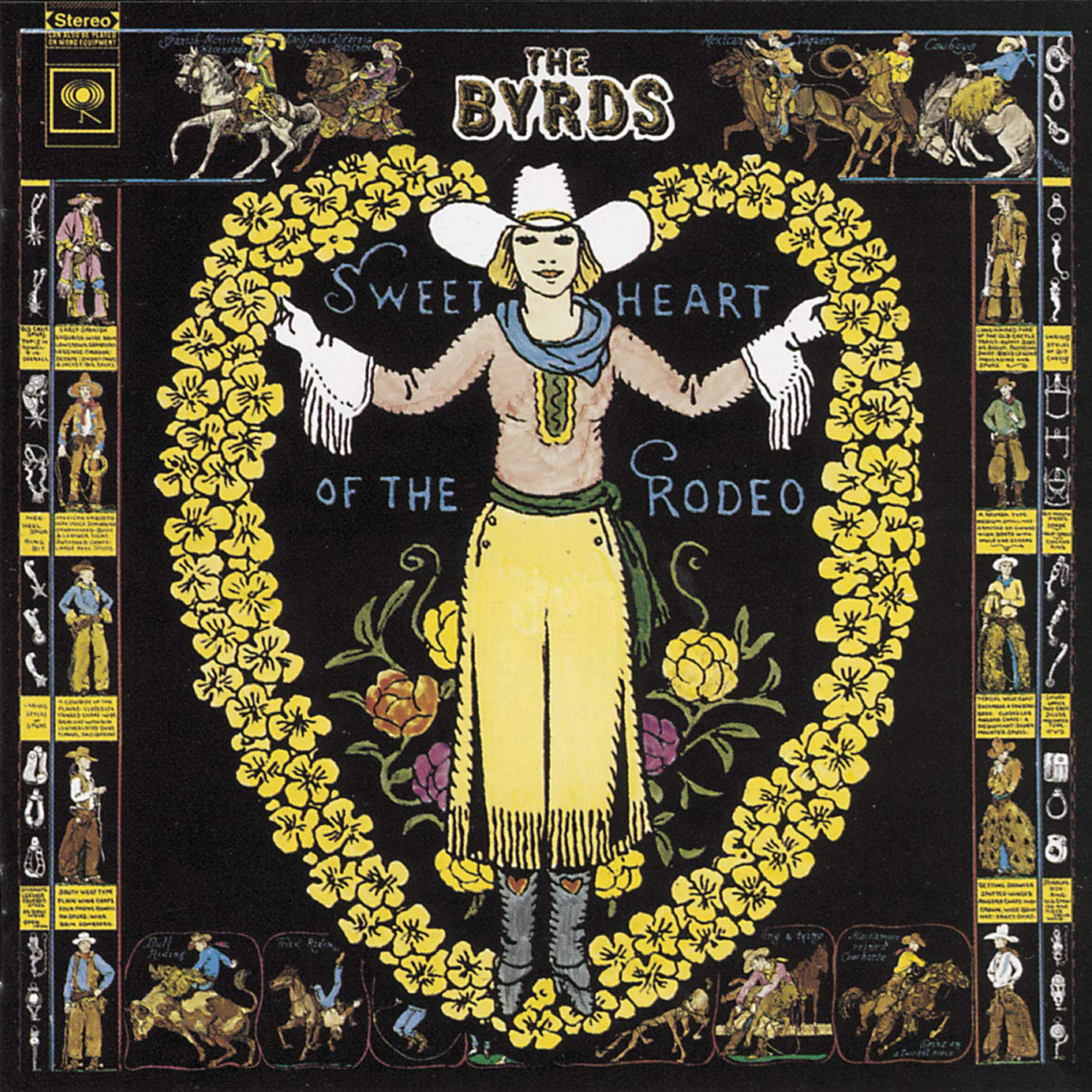
133 The Byrds – Sweetheart Of The Rodeo
Initially Sweetheart of the rodeo was going to be a collection of songs that would represent American popular music of the 20th century, encompassing examples of country music, jazz and rhythm and blues, among other genres but the concept was abandoned early on and the album instead became purely a country record
-
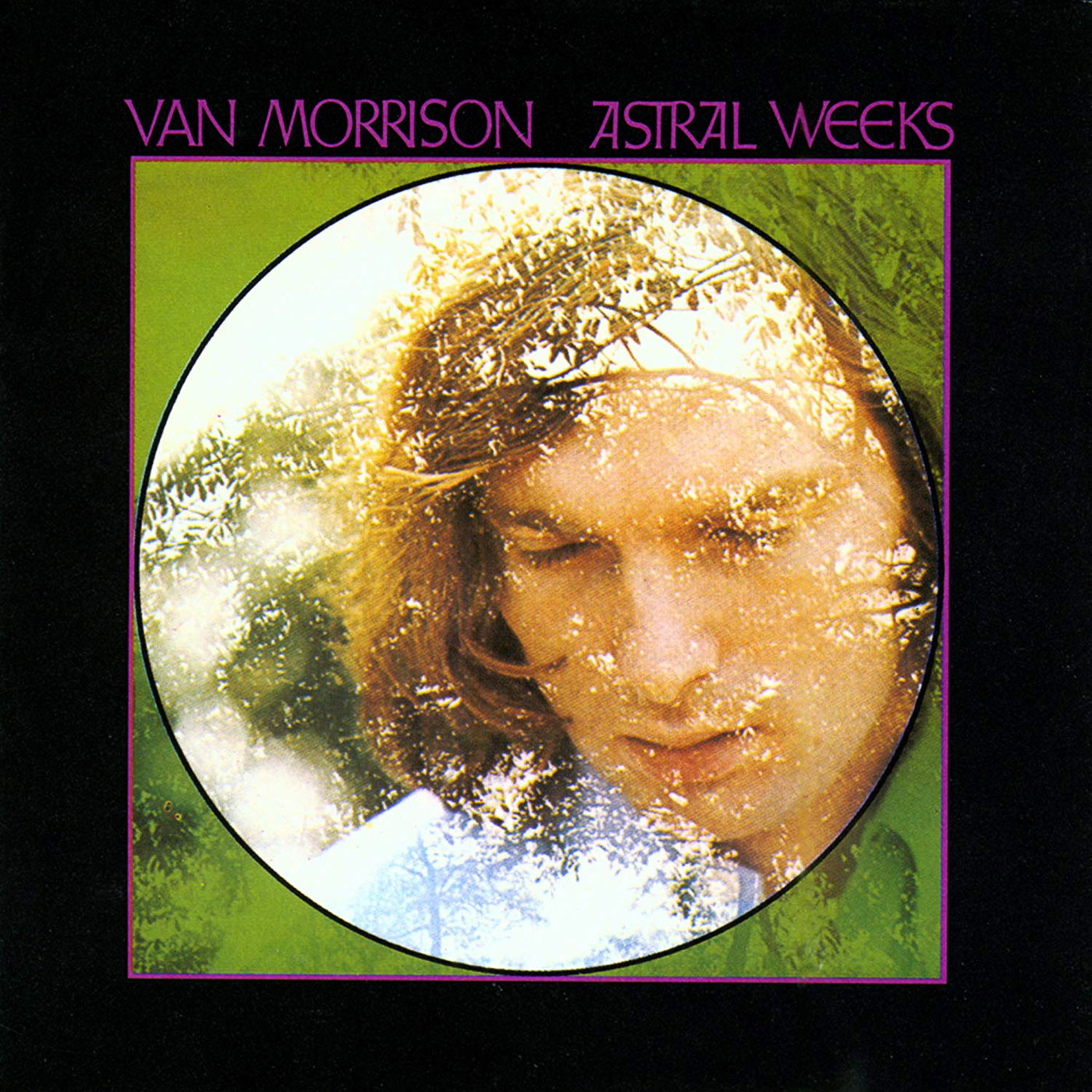
132 Van Morrison – Astral Weeks
Lauded as one of the greatest albums in the rock ’n’ roll canon, Astral Weeks feels less like rock, more like a benediction, a song cycle of rebirth.
-
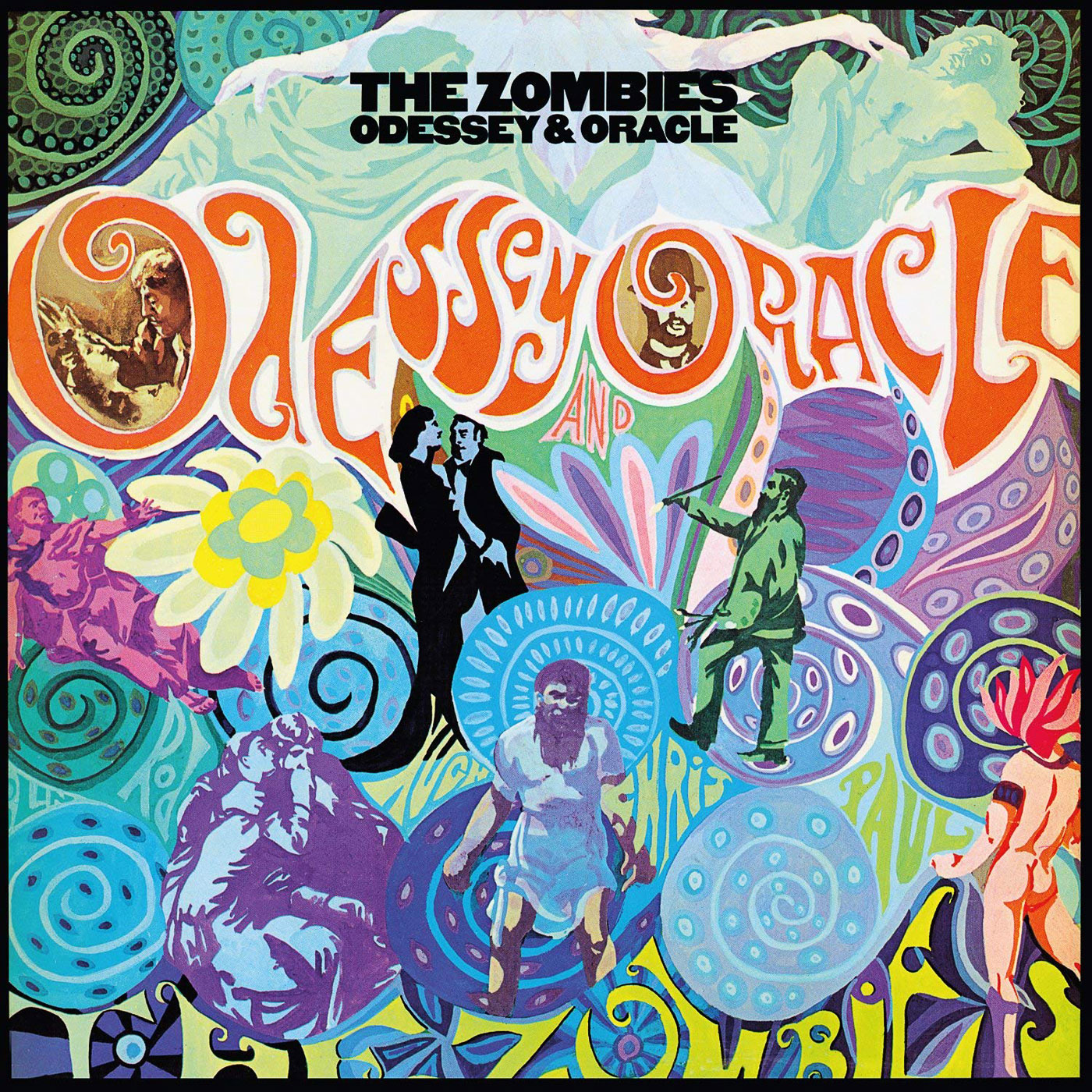
131 The Zombies – Odessey and Oracle
Odessey and Oracle was one of the best albums of the 1960s, and one of the most enduring players to come out of the entire British psychedelic boom, mixing trippy melodies, ornate choruses, and lush Mellotron sounds with a solid hard rock base.
-
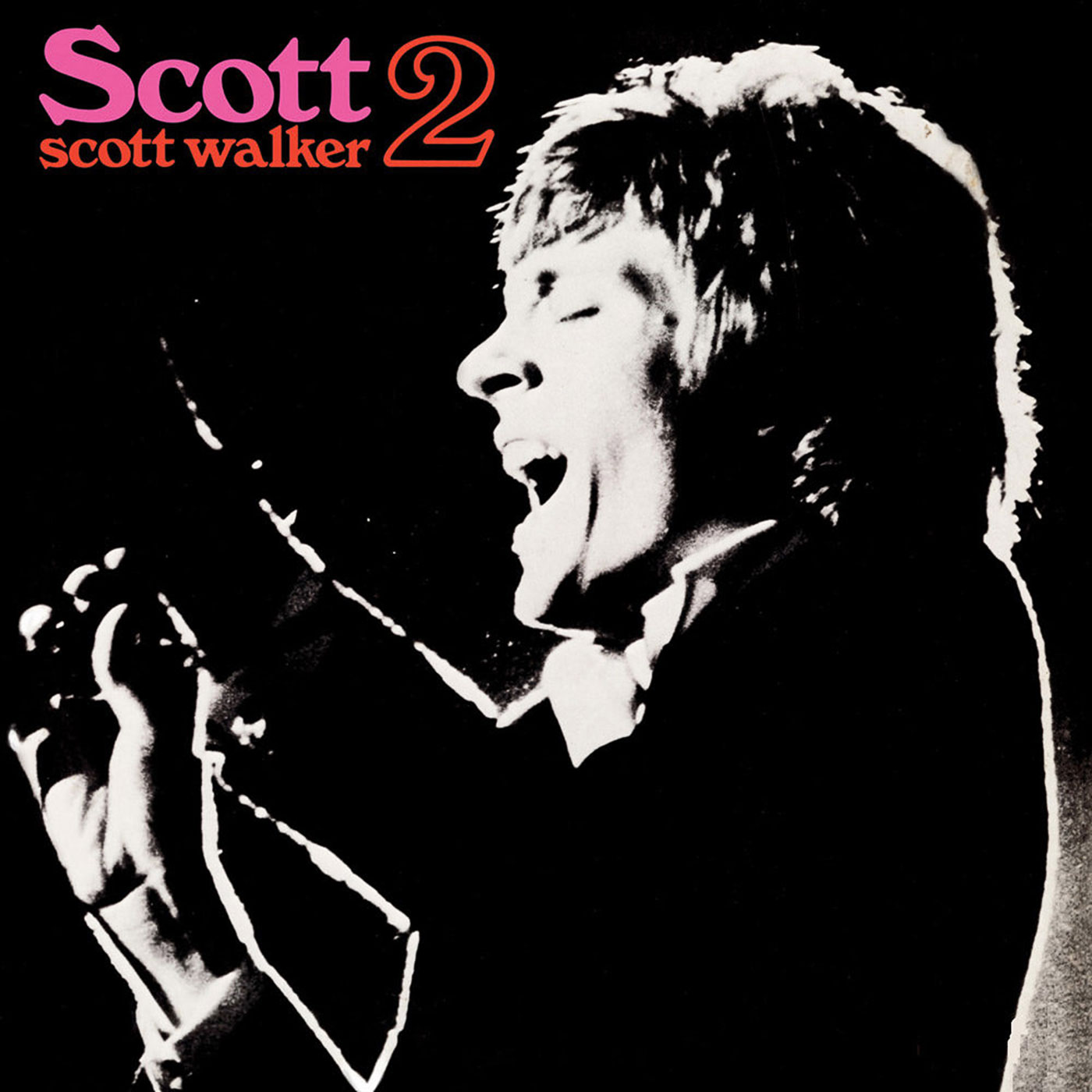
130 Scott Walker – Scott 2
Noted for his distinctive baritone voice and for the unorthodox career path that has taken him from 1960s pop icon to 21st-century avant-garde musician this second solo record sees Scott Walker stretching out in range and creativity.
-
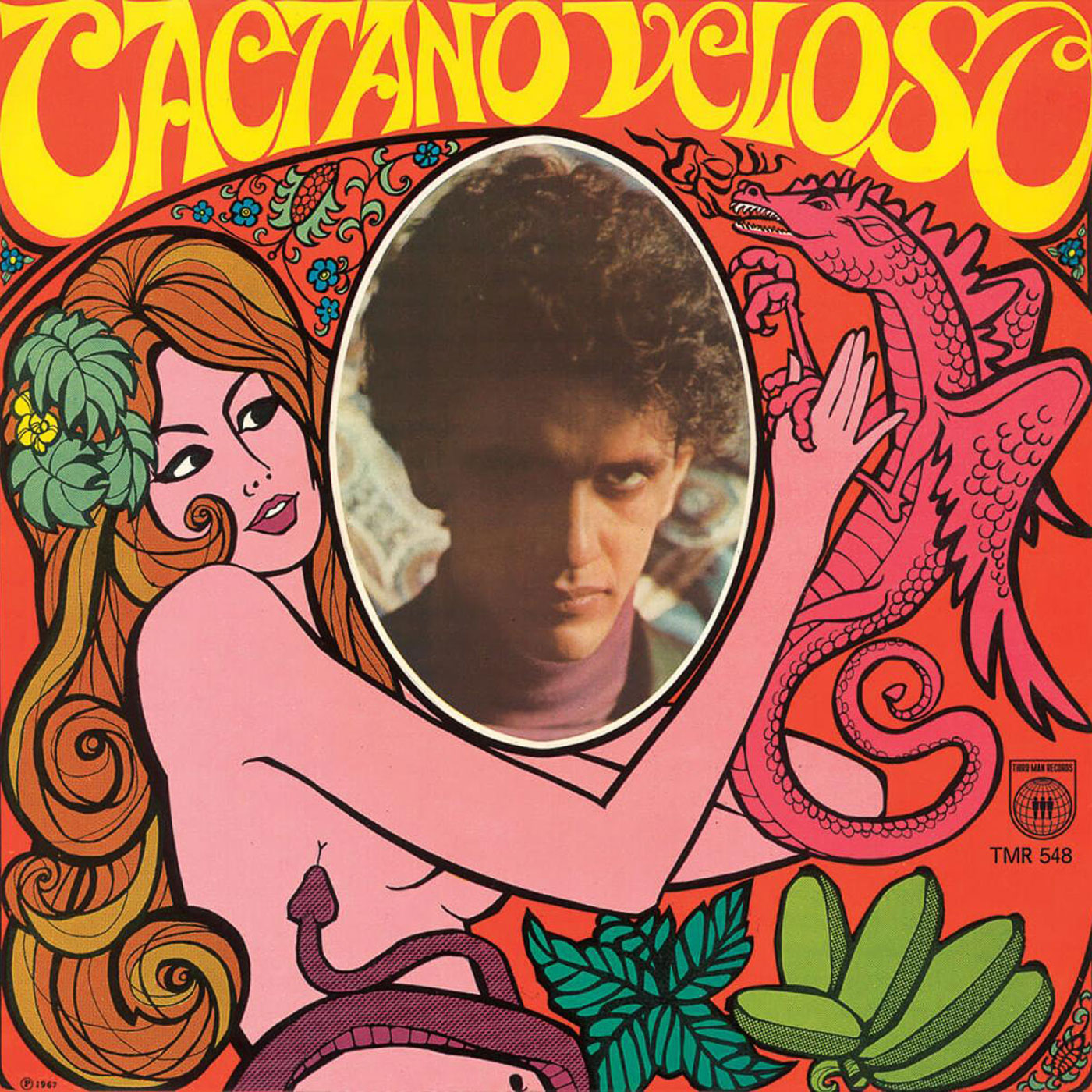
129 Caetano Veloso – Caetano Veloso
Caetano Veloso’s first album as a solo artist marked the birth of the culturally revolutionary tropicalia movement, of which Veloso and Gilberto Gil were the leading figures. The concept of the movement was to modernize Brazilian popular culture and, through creative music and poetry, reflect the Brazilian society as it appeared at the time.
-
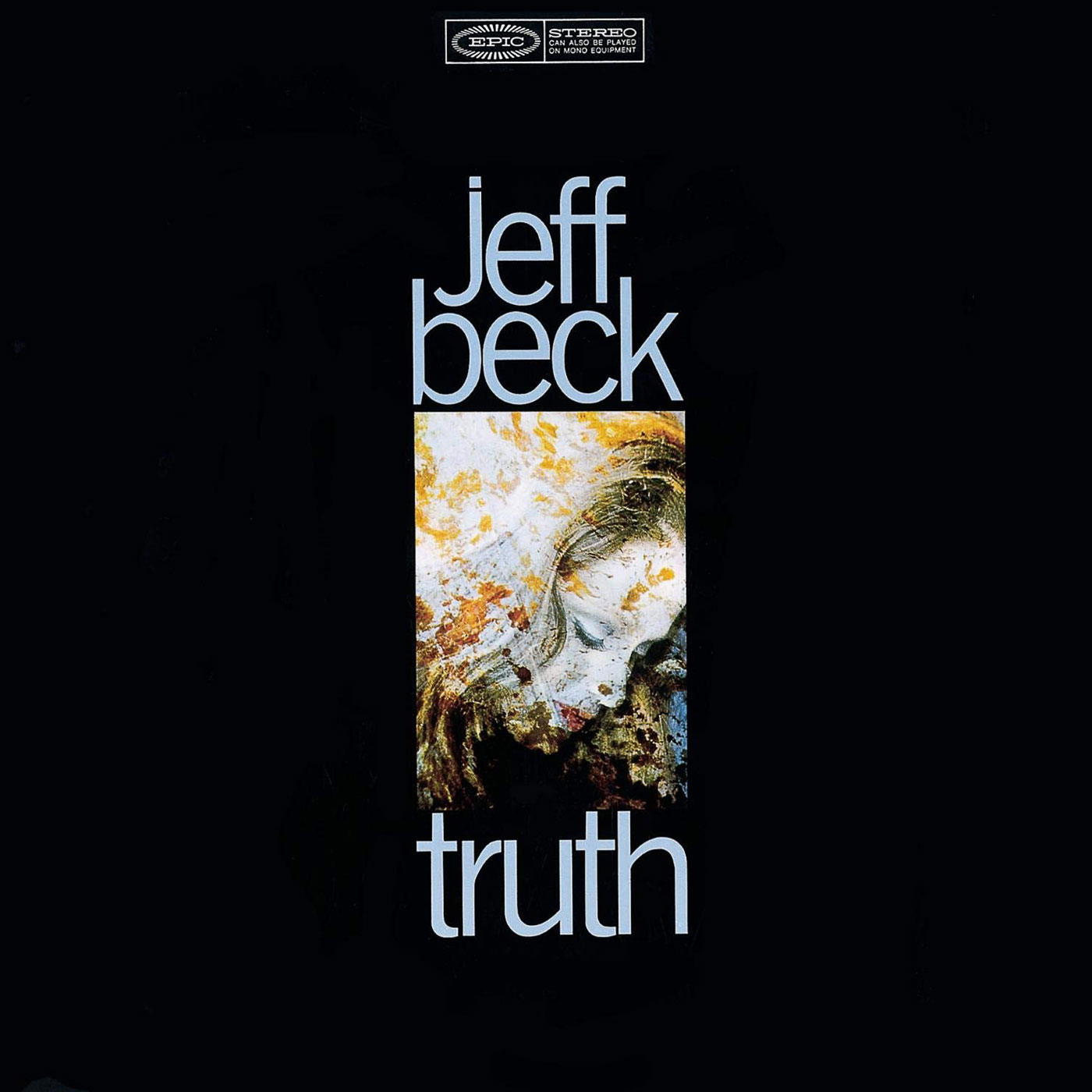
128 Jeff Beck – Truth
Truth them became Jeff Beck’s breakout album and cemented him as a leader of heavy blues inspired guitar music. Along with Rod Stewart, future Rolling Stone bassit Ronnie Wood , and a tight session drummer Micky Waller.
-
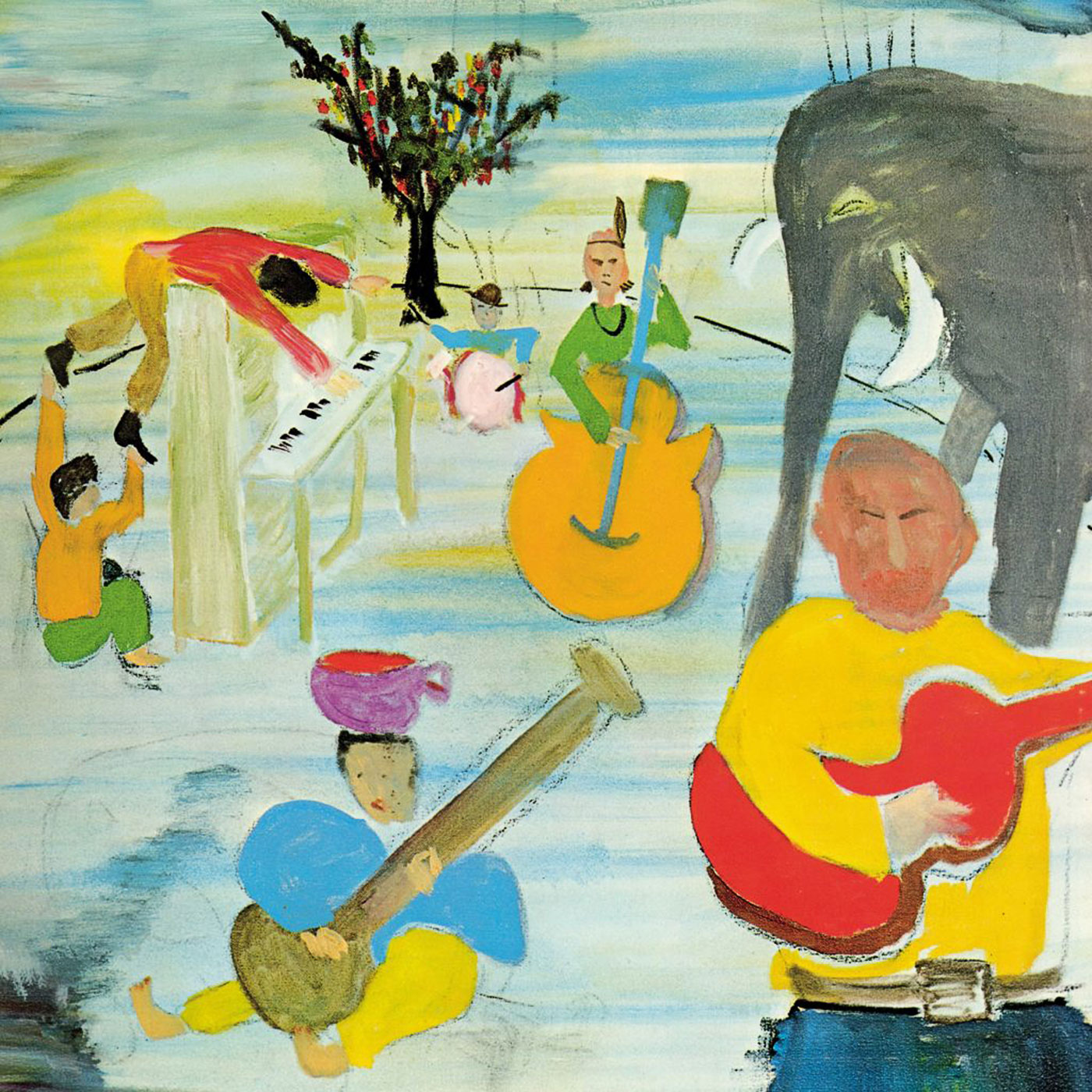
127 The Band – Music From Big Pink
The album and the group made their own impact, influencing a movement toward roots styles and country elements in rock. Over time, Music from Big Pink came to be regarded as a watershed work in the history of rock, one that introduced new tones and approaches to the constantly evolving genre.
-
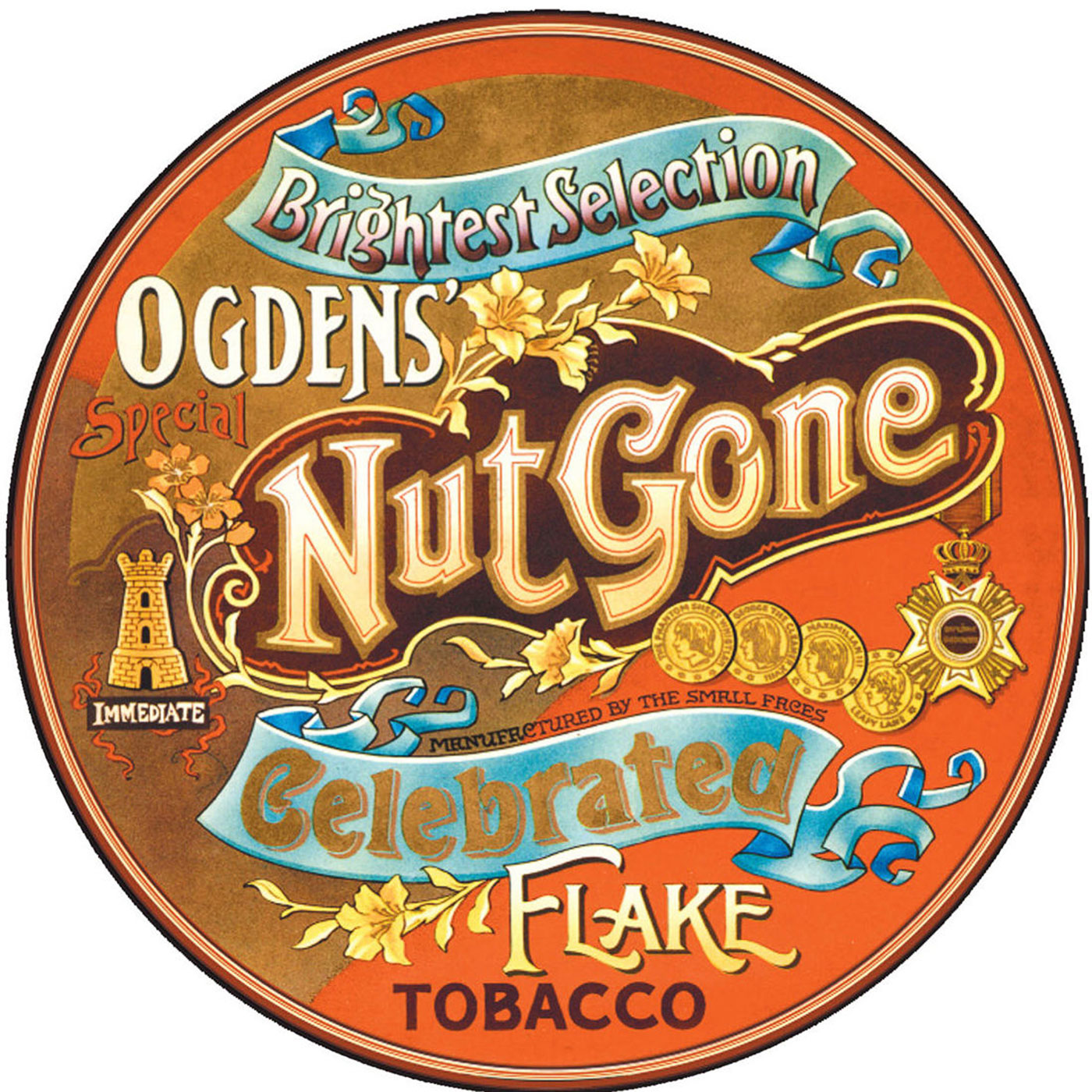
126 Small Faces – Ogden’s Nut Gone Flake
It was time for the small faces to show that they could really think in terms of whole albums as opposed to snippets of three-minute glory. The result? Ogden’s Nut Gone Flake. Sometimes brilliant sometimes annoying and sometimes confusing.
-

125 Simon & Garfunkel – Bookends
“Bookends’ problematic, disillusioned themes, sometimes disguised in wry humor, striking arrangements, and augmented orchestral instrumentation, portray the sounds of people in an American life that they no longer understand, or understands them. In just over 29 minutes, Bookends is stunning in its vision of a bewildered America in search of itself.” AllMusic Review Thom Jurek
-
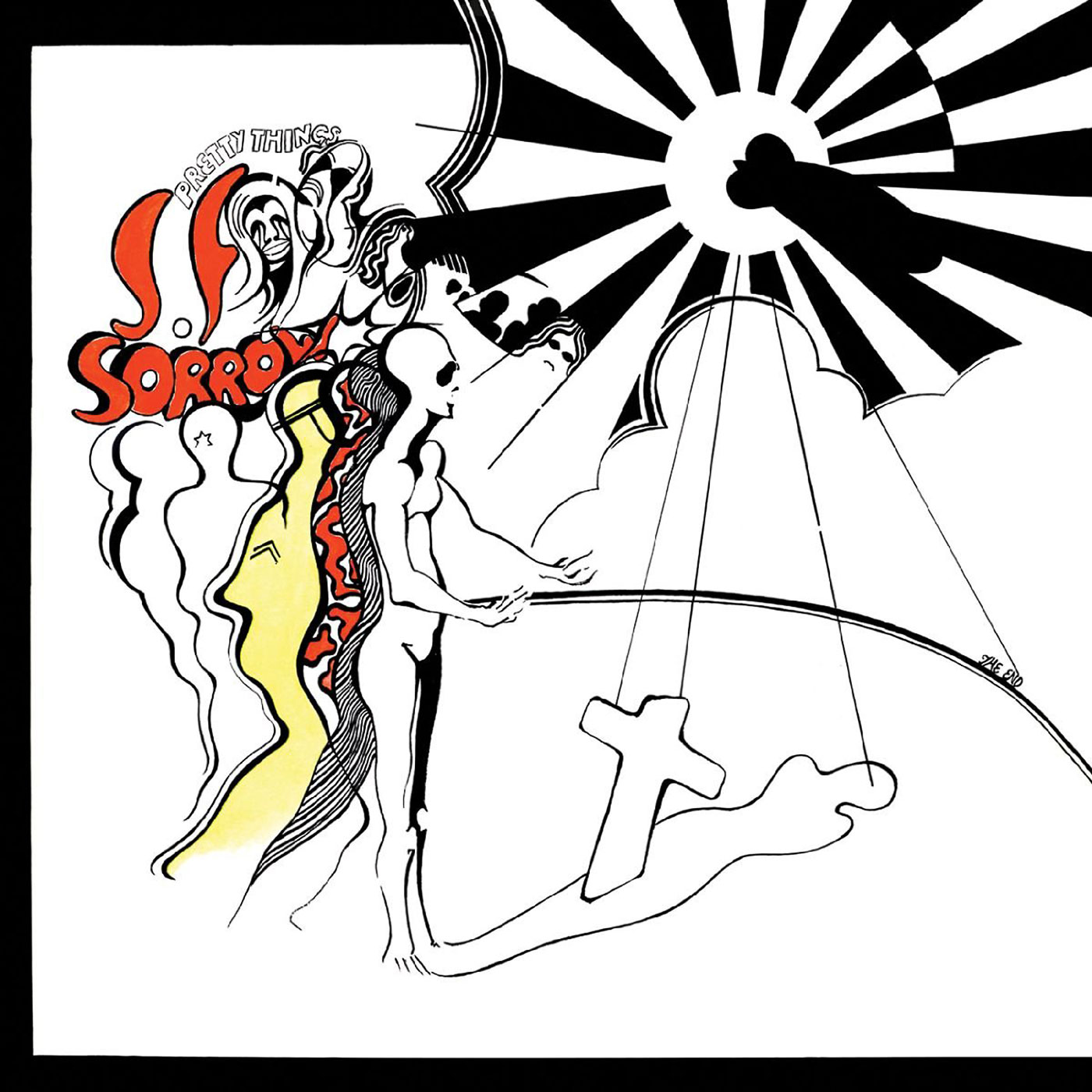
124 The Pretty Things – S.F. Sorrow
The band was thinking about a completely different direction and developed the idea for SF Sorrow a bold and uncompromising concept record with a complete storyline that has since been acknowledged as being the first ever “rock opera” ; as it was released a year before The Who’s “Tommy”.